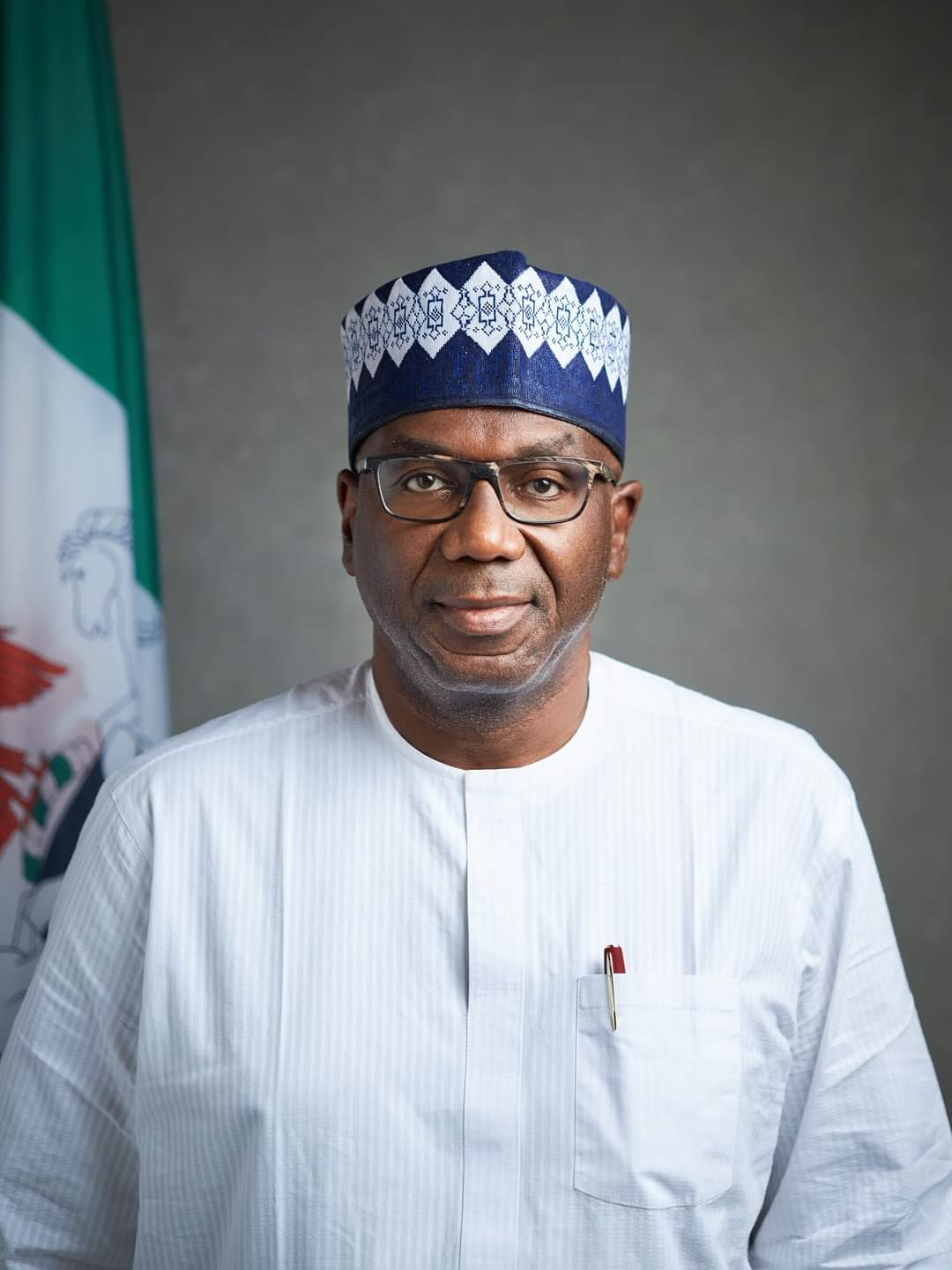Vice-President Yemi Osinbajo says Nigeria’s plan is to develop about 250 gigawatts of solar plants by 2060 as a part of investments in green hydrogen amid the energy transition.
The vice-president also called for a faithful implementation of an energy transition plan which involved a decade of gas proposals.
“Nigeria’s energy transition plan attempts to chart a pathway forward because we see solar and renewable energy as the bedrock of that plan. And the plan is to develop about 250 gigawatts of solar plants by 2060, which is when we intend to achieve the net zero,” stated Mr Osinbajo. “The plan also outlines our decarbonisation strategies in the area of power, oil and gas and transportation.”
He added, “But it also seeks to mitigate against the possible long-term job losses in oil and gas sector in particular because this is an industry that has dominated our economy for decades.”
Mr Osinbajo disclosed this while unveiling a book, ‘Understanding Natural Gas: A Nigerian Perspective’ on Thursday in Abuja.
According to him, Nigeria ought to be thinking in terms of this greener gas.
“I believe that investment in hydrogen is something we should take seriously. I am sure that NNPC Limited will take that into account as we plan for the future,” stated the vice-president. “We must embrace the opportunity to harness our vast natural gas resources responsibly and judiciously and while simultaneously charting a path towards a cleaner and greener future.”
The vice-president urged the Nigeria National Petroleum Company Limited (NNPC Ltd) to consider investments in green hydrogen for clean energy.
Global demand for green hydrogen, an alternative low-carbon energy, is anticipated to increase by 700 per cent by 2050.
Mr Osinbajo said there were already a lot of talks about green hydrogen, which requires natural gas to produce, adding that its huge investments are taken advantage of globally.
He said due to global geopolitics, especially the Russian-Ukraine war, gas prices skyrocketed, and countries were forced to confront the vulnerabilities of their own energy supply strategists, giving rise to urgent calls for re-evaluation and diversification.
News Agency of Nigeria







